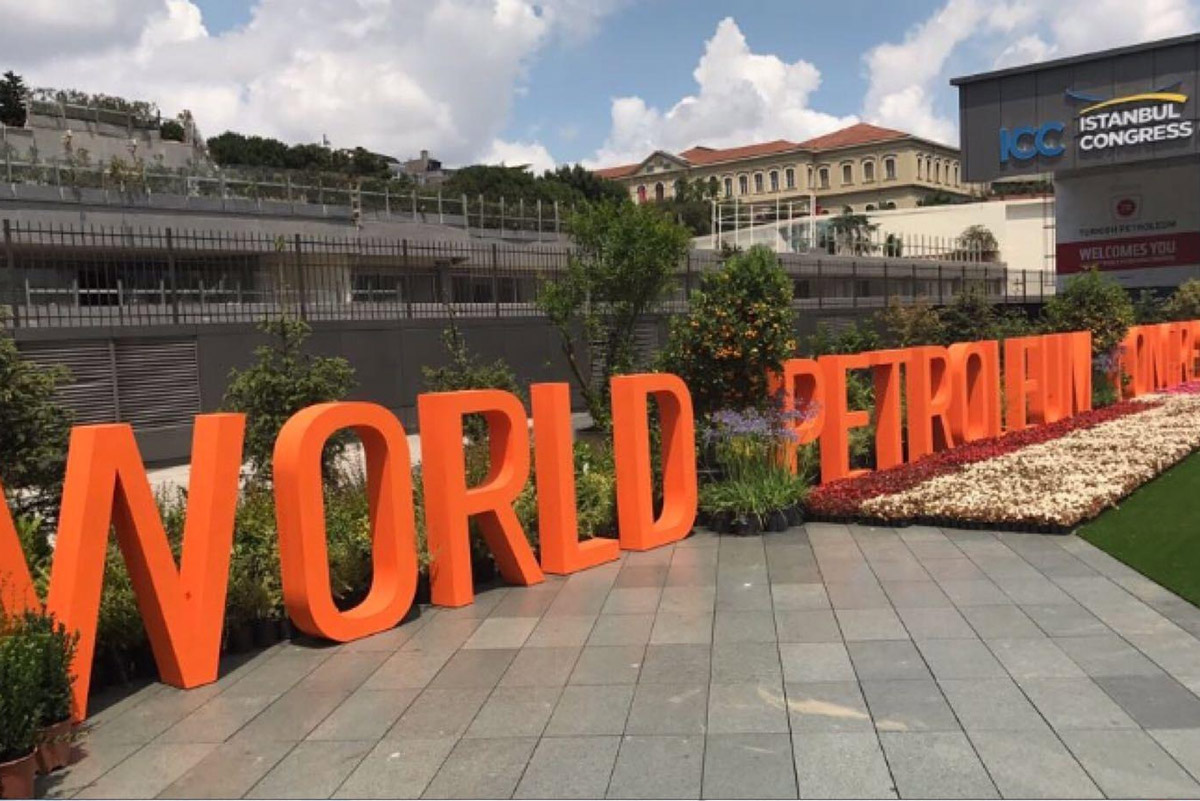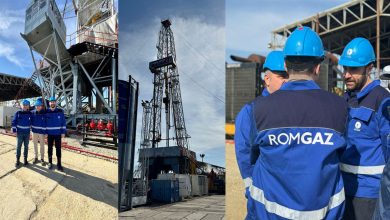Safety & security: ‘No compromise or complacency’
No matter what part of the market cycle the industry finds itself in – good times or bad – operational safety and security remain our top priorities,’ IOGP Executive Director Gordon Ballard told the World Petroleum Congress at its recent Istanbul meeting.
IOGP Executive Director was there – along with 5,000 other participants from 65 countries – to focus on a wide range of topics, including leadership, high standards, ethical business practices and the vital role of oil and gas in the world’s energy future. More specifically, he led a safety and security panel discussion. ‘Together, we explored the challenges the industry faces in E&P operations – and the opportunities we can seize to make our business safer and more sustainable in a world that will still rely on oil and gas for decades to come,’ Gordon recalls.
Gordon began the session by recounting IOGP’s initiatives following the Montara and Deepwater Horizon incidents in 2010. ‘By setting up the Global Industry Response Group (GIRG), we focused on three core areas – the prevention of similar incidents, effective intervention if they should occur, and response to mitigate their impact,’ Gordon said. The GIRG drew on the experience and talents of more than 100 technical experts and senior managers drawn from some 20 companies and organizations, he said, calculating that during the nine-month period of the GIRG’s operation, the value of all that freely-donated expertise came to tens of millions of dollars.
Even so, the need for innovation and rigour in safety and security continues, Gordon stressed. Citing evidence of this need, he referred to the recent publication of what’s come to be regarded as IOGP’s flagship publication: the annual Safety performance indicators report. This 31st edition is based on the analysis of 2.9 million work hours of data across 103 countries, submitted by 43 of IOGP’s operating companies. The results were mixed, he noted. ‘While the number of fatalities went down from 54 in 2015 to 50 in 2016, so did the number of hours worked – by 22%. So, against that background, the fatal accident rate has gone up by 19% compared with 2015.
To help tackle this ‘unwelcome indicator’, Gordon described an initiative by IOGP’s Safety Committee called Project Safira. Working with other Industry bodies they are developing a series of tangible guides, actions and behaviours designed to eliminate fatalities from the Industry. IOGP believes it is unacceptable that fatalities are still happening in the workplace in 2017, and so they are moving from a position of zero fatalities as an aspiration, to zero fatalities as a minimum expectation.



